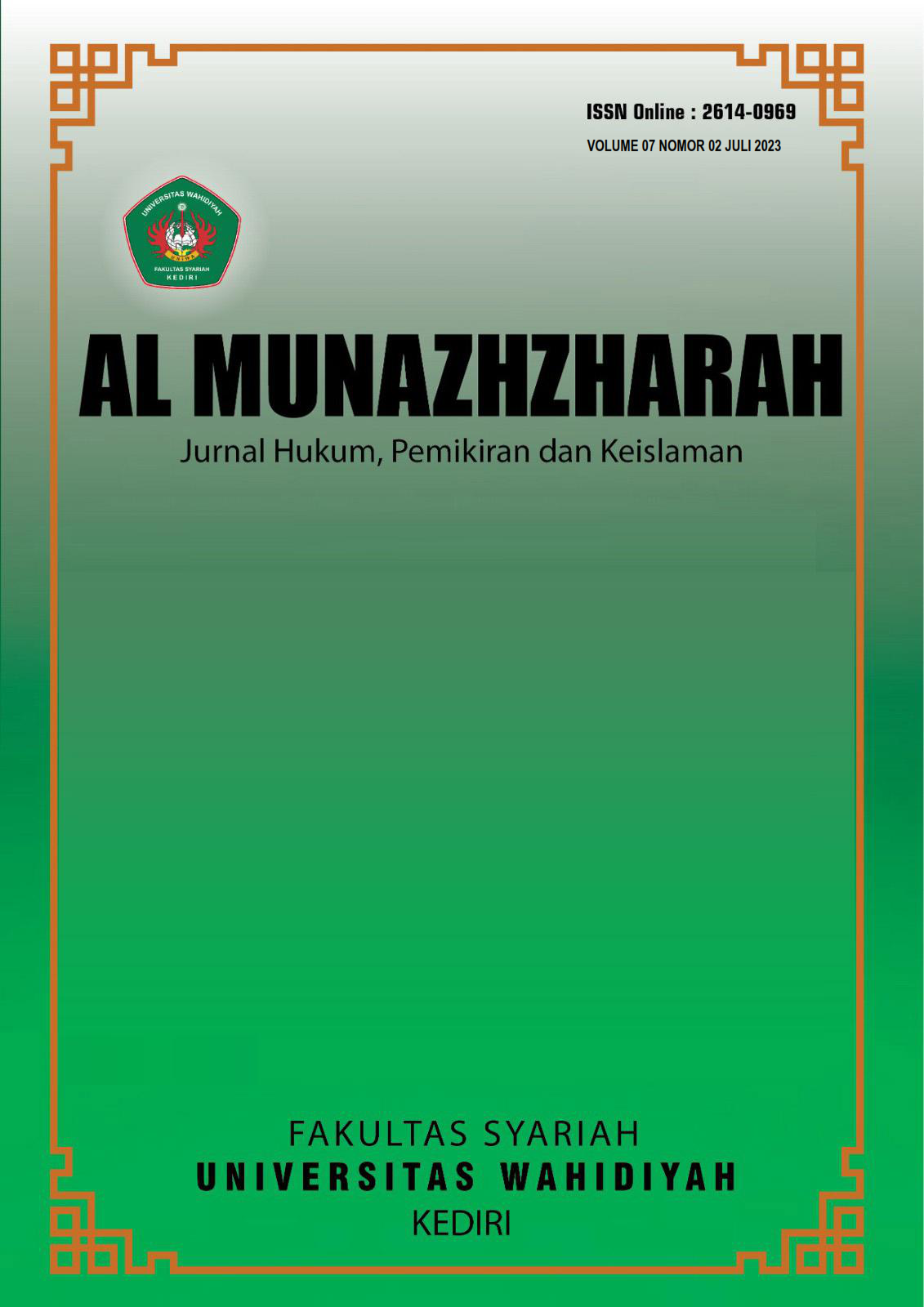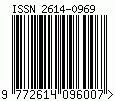SYADD AL-ŻARÎ’AH SEBAGAI SIKAP IKHṪIYÂṪ PERSPEKTIF PARA ULAMA
Keywords:
SYADD AL-ZARIAH, IHTIYAT, ULAMAAbstract
In the science of ushul fiqh, the terms maṣȃdir al-aḣkȃm (sources of law, namely the Qur'an and al-Sunnah) and fairlah al-ahkȃm (legal arguments, namely ijma' and qiyas) are known. Where the Qur'an and al-Sunnah are the basis for the birth of the provisions of Islamic law and are the texts of the texts that are used as references in determining Islamic law itself. Whereas ijma' and qiyas are instructions for finding Islamic law contained in the Qur'an and al-Sunnah through ijtihad efforts and have become an agreement among the large number of ulama. In addition to ijma' and qiyas, the use of which has been agreed upon by the majority of scholars as a legal argument, there are also arguments for the use of which some ushul fiqh ulama disagree, one of which is syadd al-żarȋ'ah. Syadd al-żarȋ’ah is still a dispute among ulama. There are ulama who accept syadd al-żarȋ’ah as proof of syar'iyyah and there are those who reject it. The purpose of this study is to examine the position of syadd al-żarȋ’ah and analyze the opinions of the ulama regarding syadd al-żarȋ’ah as an attitude of ikhtiyath. The research method used is literature review. The results of this study indicate that the Malikiyah Ulama and Hanabilah Ulama can accept syadd al-żarȋ’ah as one of the arguments for establishing law. Likewise, the Hanafiyah and Syafi'iyah Ulama accept syadd al-żarȋ’ah as a proposition to establish law in certain matters and reject it in other cases. They do all these efforts as a form of endeavor in determining a law. Whereas Zahiriyah Ulama, do not absolutely accept syadd al-żarȋ’ah as one of the arguments that determines syara' law. This refusal is in accordance with their principle that they only do charity based on literal texts and do not accept the interference of logic in legal matters.
Downloads
Downloads
Published
Issue
Section
License
Copyright (c) 2023 AL MUNAZHZHARAH

This work is licensed under a Creative Commons Attribution-NonCommercial-ShareAlike 4.0 International License.




















